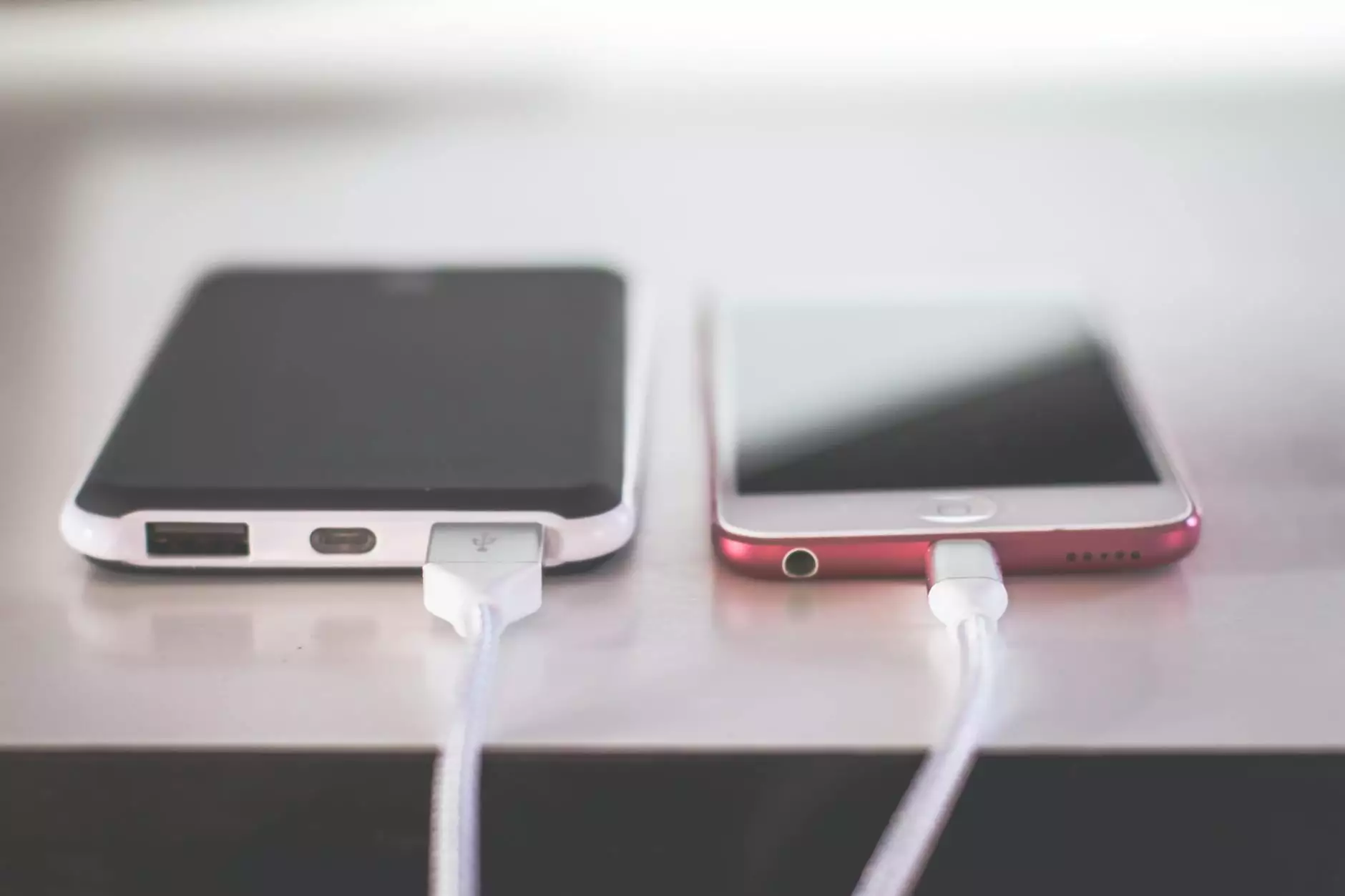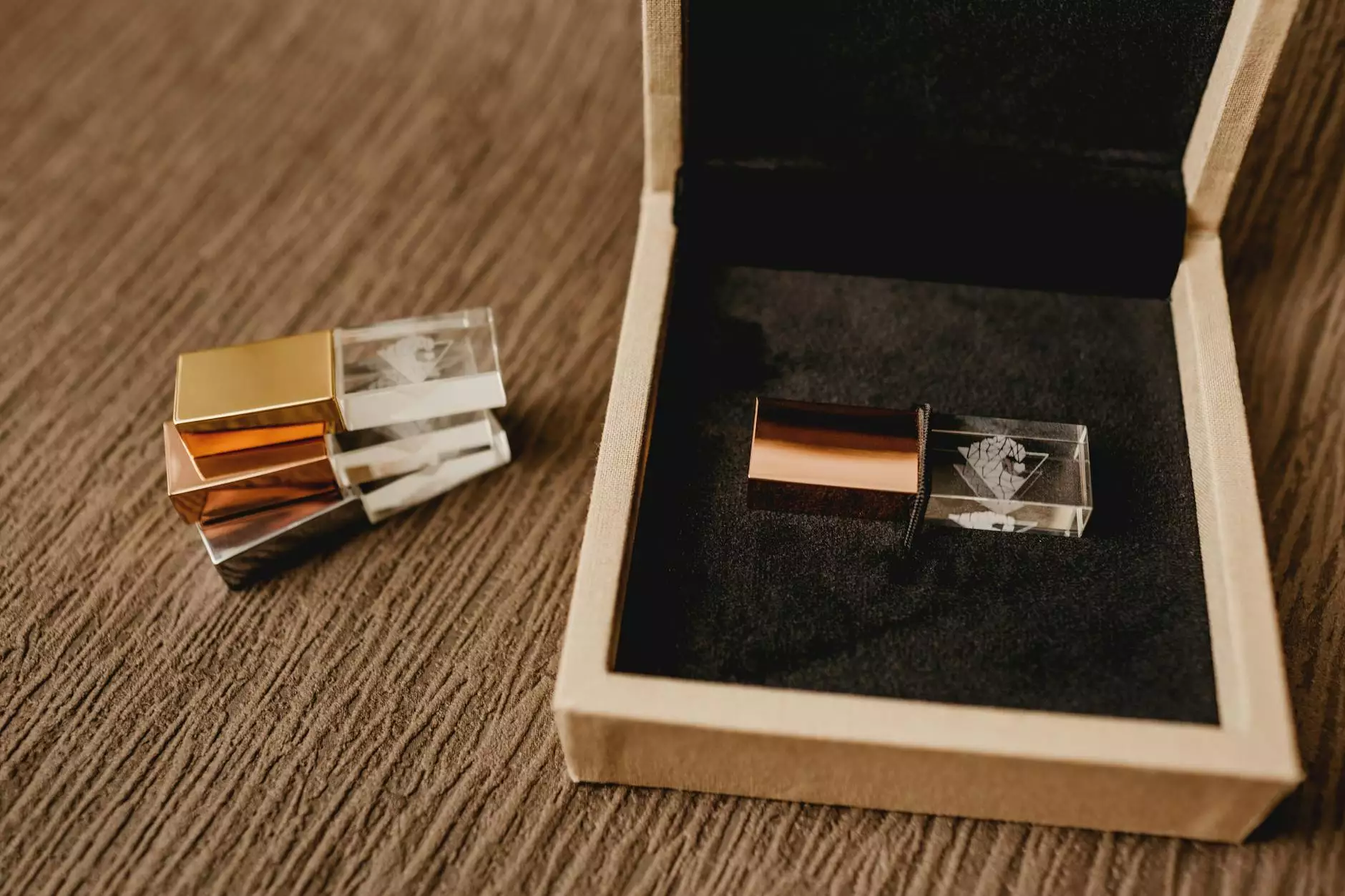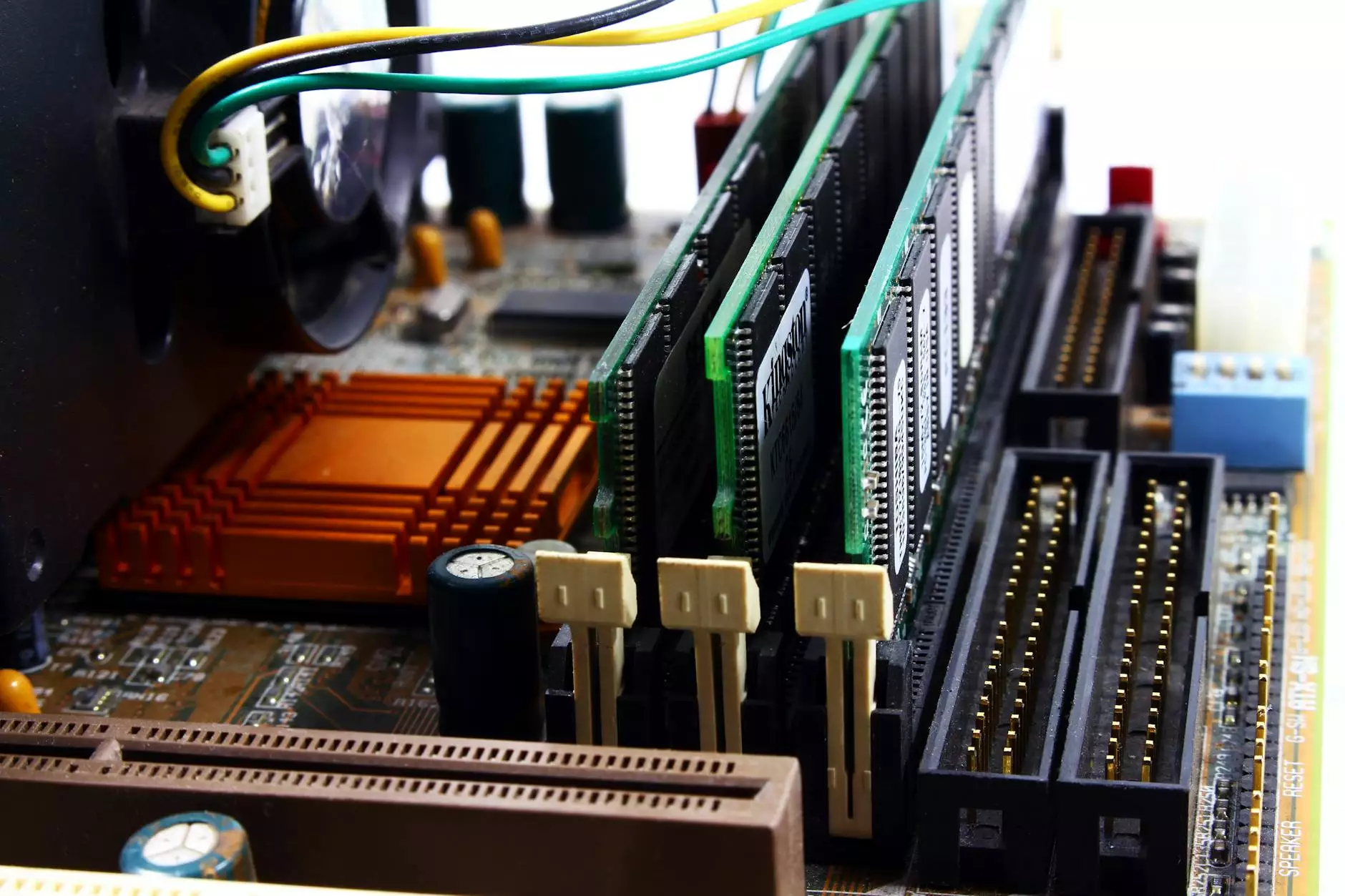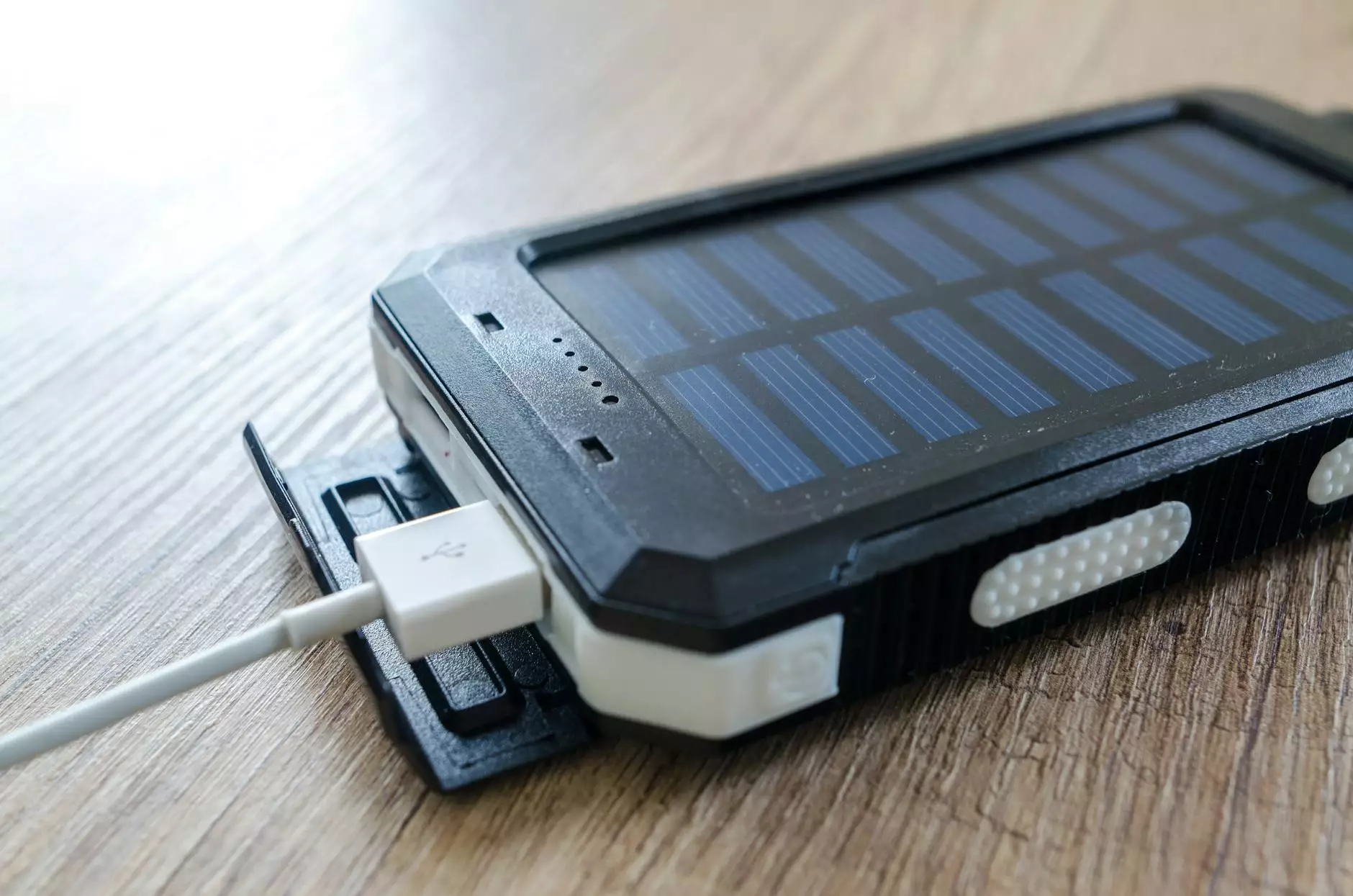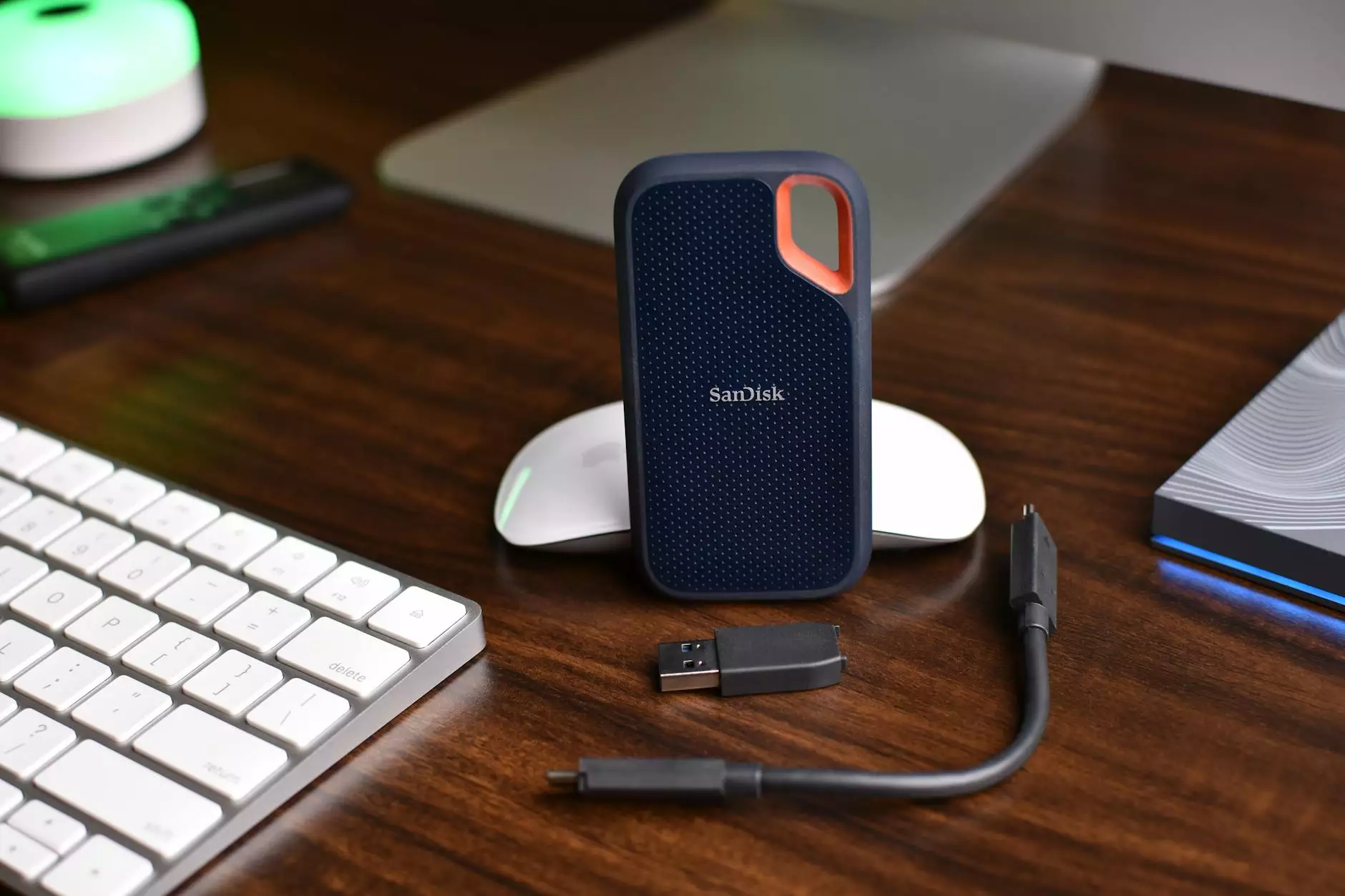Mini USB vs Micro USB: Understanding the Key Differences

When it comes to connecting our devices, the choice between mini USB and micro USB cables can often be confusing. Both connectors serve the important purpose of transferring data and charging our devices, but there are notable differences between the two. In this comprehensive guide, we delve into the specifics of USB mini b vs micro b connectors to help you make an informed decision for your needs.
Introduction to Mini USB and Micro USB Connectors
Mini USB: The mini USB connector, also known as USB mini-b, was once a popular choice for various devices such as digital cameras, MP3 players, and older smartphones. However, due to its larger size and shape, mini USB connectors have been largely replaced by the more compact micro USB standard.
Micro USB: The micro USB connector, known as USB micro-b, revolutionized the industry with its smaller form factor. This connector is now the standard choice for most modern devices, including smartphones, tablets, power banks, and other portable electronics.
Key Differences Between Mini USB and Micro USB
One of the main differences between mini USB and micro USB connectors is their size. The mini USB connector is larger and bulkier compared to the micro USB connector, making it less convenient for today's sleek and compact devices.
Another crucial aspect to consider is the durability of the connectors. Micro USB connectors are designed to be more resilient to frequent plugging and unplugging, thanks to their improved design and materials used in construction when compared to the older mini USB connectors.
USB Mini Charger: Why It Matters
When selecting a USB cable for charging your devices, the type of connector plays a significant role. A USB mini charger refers to a charger equipped with a mini USB connector. While these chargers may be compatible with some older devices, they are becoming increasingly obsolete due to the widespread adoption of micro USB and USB-C connectors.
It is crucial to ensure that your charger matches the connector type of your device to avoid compatibility issues and ensure optimal charging performance. Investing in a high-quality micro USB charger ensures faster charging speeds and overall efficiency for your devices.
Conclusion
In conclusion, understanding the differences between mini USB vs micro USB connectors is essential for making informed choices when it comes to charging and connecting your devices. With the prevalence of micro USB connectors in today's electronics market, transitioning to this standard offers improved durability, compatibility, and overall user experience.
Upgrade to the convenience and reliability of micro USB connectors for seamless connectivity and efficient charging. Stay tuned for more insightful guides on technology and connectivity solutions from Content Professionals.
